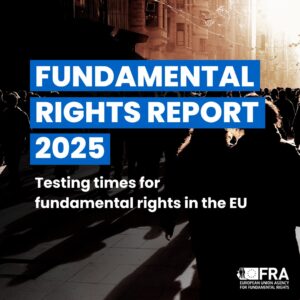News
Podcasts
publications
Повеќе ➡
projects
Повеќе ➡
Joint Action for Human Rights
PROJECT OBJECTIVE: To advance the promotion and protection of human rights in North Macedonia by supporting parliamentary and CSO engagement in the area. SPECIFIC OBJECTIVES OF THE PROJECT: Providing
Fostering Policy Analysis and Public Debate 3.0
The project aims to strengthen the culture of informed public debate in the Republic of North Macedonia through deliberation on emerging and intertwined issues–security, defense, economic stability, and EU integration.
Strengthening the Delivery of Social Protection through Social Accountability, with a focus on Marginalized Groups, including the Roma and Returnees
Info: The main objective of this task is to develop and implement a social accountability process that identifies and documents how the 2019 social assistance reform is reaching vulnerable and
Support for further development of the model of the Western Balkans staged accession to the European Union
Info: This project aims to support further and comprehensive analytical work on the detailed development of the staged accession model co-designed by CEP Belgrade and CEPS Brussels. In order to
donors
































